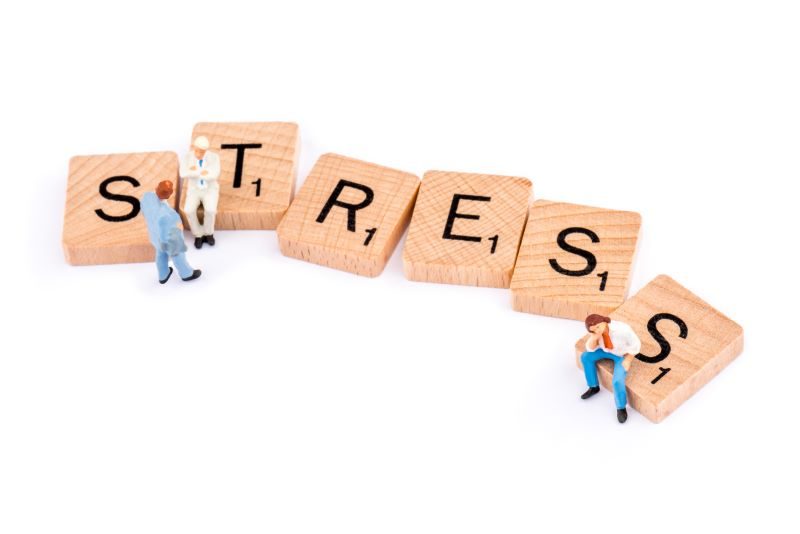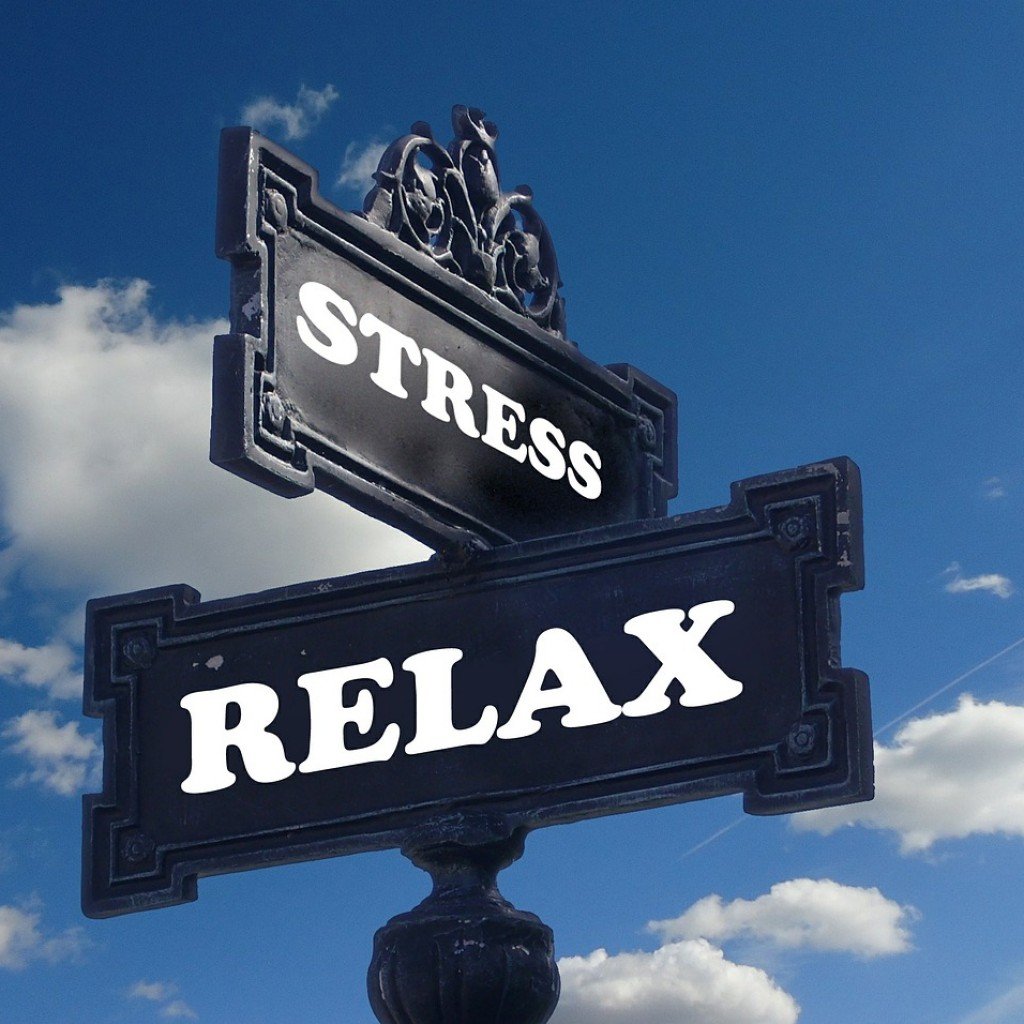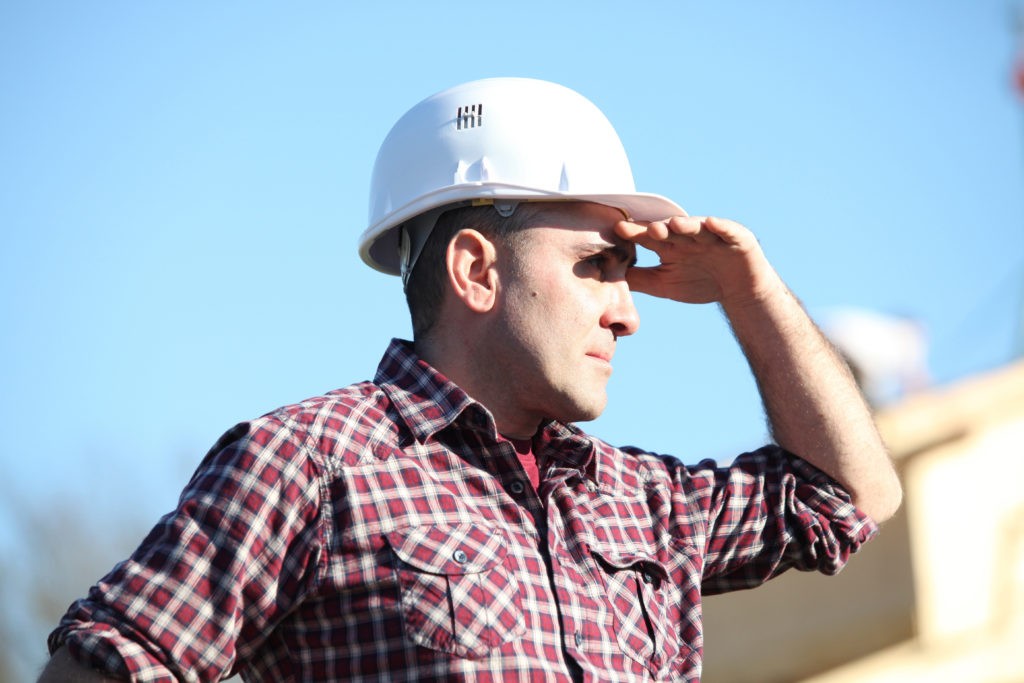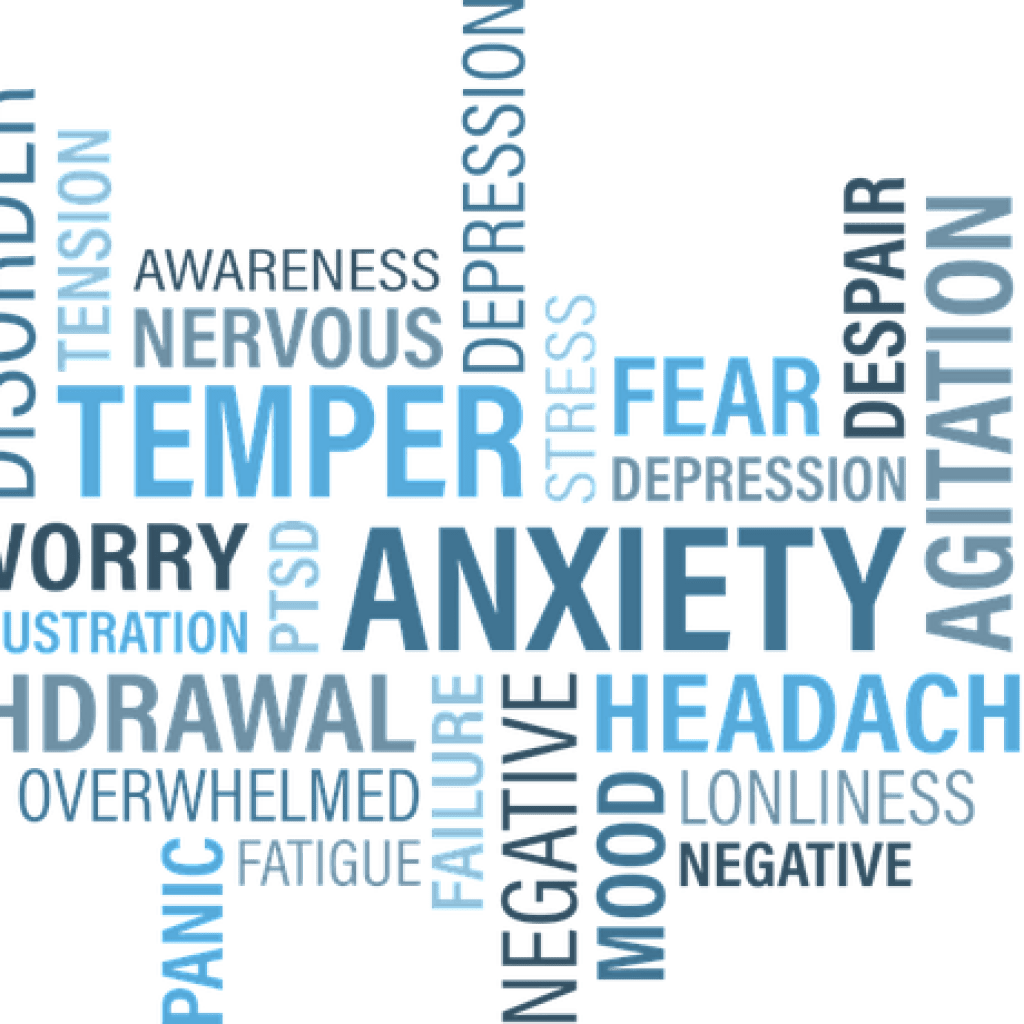The HSE defines work-related stress as an adverse reaction, caused by extensive pressures or other demands placed on people during their employment, which can lead to physical or mental ill health.
 According to the Chartered Institute of Personnel and Development’s Absence Management Survey 2013 stress at work is rising, and remains one of the most common causes of long- and short-term sickness for manual and non-manual employees. Two-fifths of organisations reported an increase in stress-related absence over the previous year, rising to more than half in the public sector.
According to the Chartered Institute of Personnel and Development’s Absence Management Survey 2013 stress at work is rising, and remains one of the most common causes of long- and short-term sickness for manual and non-manual employees. Two-fifths of organisations reported an increase in stress-related absence over the previous year, rising to more than half in the public sector.
Despite its prevalence, both employees and employers can be reluctant to engage with stress at work. Employees find the topic emotionally difficult, fearing that they will be seen as unable to cope, and employers may be wary of raising issues which could create management problems. Many people confuse stress with pressure, or with mental health issues such as anxiety and depression. In dealing with stress in the workplace, the Chief Medical Officer’s report for 2013 warns against employers carrying out stress audits because they risk modifying employees’ expectations, and could lead to increased reports of mental illness. Instead, the report recommends implementing measures, such as flexible working hours, which increase employees’ control.
Legal Duty on Employers
All employers have a legal responsibility to protect the health, safety and welfare at work of their employees, which includes assessing and minimising the risk of stress-related illness or injury. Employers are responsible for action both at board level and among their employees, and failure to assess risks, put in place or implement a policy to deal with stress in the workplace may result in enforcement action by the Health and Safety Executive (HSE), direct financial costs including sick pay, sickness cover or the cost of settling civil claims, and indirect costs as a result of low workplace morale or lost productivity.
Reputational and legal costs can be high: West Dorset General Hospitals NHS Trust and Liverpool Hope University were served with improvement notices in 2003 and 2009 respectively for failing to risk assess employees’ exposure to causes of work-related stress, and in 2002 a former Post Office worker was awarded damages of £93,880 plus costs after managers failed to implement measures to help him cope with a stress-related illness caused by overwork. In terms of indirect costs, the HSE’s 2013 report on Stress and Psychological Disorders shows that work-related stress caused workers in Great Britain to lose 10.4 million working days in 2011/2012, and accounted for 40% of all work-related illnesses in 2011/12, particularly among health, teaching and education professionals.
HSE Guidance
The HSE has produced extensive guidance and various tools on its website for employers and employees seeking to deal with stress at work. The guidance identifies six risk factors as influencing work-related stress:
- The demands placed on employees
- The control which employees have over their work
- Whether adequate information and support is received from colleagues and superiors
- Unacceptable behaviour such as bullying
- How far employees understand their role and responsibilities
- The extent to which employees are consulted and informed about organisational changes.
To help organisations carry out risk assessments on stress in the workplace, the HSE has published ‘Management Standards’ to enable employers to meet their legal obligations. Those implementing the Management Standards should follow five steps:
- Identifying the relevant risk factors
- Deciding who is at risk and how, by analysing existing data and carrying out surveys
- Evaluating the risks and working with employees to develop solutions
- Recording findings by producing and distributing an action plan, then implementing it
- Monitoring and reviewing any action taken.
Work-related stress is defined as “a harmful reaction people have to undue pressures and demands in the workplace”.
Workplace mental health issues are often associated with stress. Exposure to high levels of stress at work can cause emotional symptoms such as depression, tearfulness, withdrawal, mood swings, loss of motivation or concentration and behavioural changes such as smoking, drinking, drugs, changes to eating or sleeping habits and nervous behaviour.
Poor employee mental health arising from stress can cost your business time and money in lost productivity and sickness absence.
Conclusion
Do not be stressed by stress! Dealing successfully with work-related stress requires clear leadership from employers and engagement on the part of employees, but the increasing costs of failing to deal with this difficult and emotive area mean that ignoring it is not an option. I encourage readers to look at it methodically, which can help remove the excess emotion that often parades side by side with stress management programmes.
Dealing with work-related stress requires empathy, but is essentially no different in this regard to the management of other workplace health topics. Approach it with a confident programme of communication and active worker collaboration and avoid a defensive style as it strongly suggests that an organisation has something to hide. Even consider attaching an anti-stress programme to your CSR and Sustainability programmes, which helps to promote positive messaging.























Stress indicators are certainly a step in the right direction and stress survey’s provide some context we still have no reasonable benchmarks to work with.
The HSE toolkit uses comparable data from 2009 and it’s based on the manufacturing sector. Given the changes in the working environment post banking crash we really need some credible benchmarking from the service sector to help managers prioritise actions more effectively.
My current understanding of benchmarking from the HSE is that they now require us to do our own – in other words – compare with your last one(s) and set realistic improvements.
The original HSE benchmarks were from the “willing 100” companies who took part in the development of the original Risk Assessment tool but it was not a good benchmark as they were mostly large Corporate organisations.
At least self benchmarking can take into account culture and current innovations, takeovers etc if Management is honest and brave enough to look that deep.